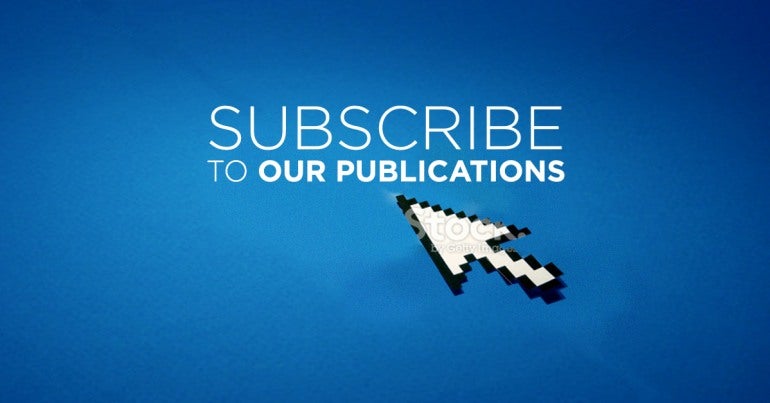 We’ve heard it throughout the COVID-19 pandemic: while we’re all in the same storm, we’re not all in the same boat. Nothing has made that clearer than skyrocketing corporate profits.
We’ve heard it throughout the COVID-19 pandemic: while we’re all in the same storm, we’re not all in the same boat. Nothing has made that clearer than skyrocketing corporate profits.
Some companies, like Zoom, did better in the pandemic because they were well placed to respond to changing needs. But other corporations have taken advantage of the pandemic to sneak in higher prices.
Corporate profiteering is one of the main drivers of inflation today. Among the worst offenders are grocery chains and oil and gas conglomerates. In Canada, our three largest grocery chains have seen record profits over the past year. And they’ve done it by charging much more than they need to cover increased costs. For example, Loblaw (the parent company of Loblaws, Superstore, and Shoppers) saw their costs increase by 13% over the past year. However, their sales increased by 15% and their gross profits by 21% during the same period. This means the company profited by price-gouging.
Our government can take action to curb corporate profiteering. In World War II, the federal government implemented an excess profits tax, both out of a sense of fairness and to help fund war spending. The public was being asked to sacrifice a considerable amount for the war effort. The excess profits tax helped build the sense that we really were “all in this together”.
When considering an excess profits tax, it’s important to note that corporate taxes work differently than personal taxes. Corporations only pay tax on profit, not revenue. In other words, companies that are struggling or just breaking even would not be affected by an excess profits tax. Economists argue that this type of taxation is economically healthy because it discourages price-gouging and it taxes windfall gains (large, unexpected profits due to exceptional circumstances).
To establish an excess profits tax, you need to determine a “normal” level of profit. This is usually done using historical data. In World War II, the level of profit in 1939 was used as a baseline. Policy makers must also decide what tax rate to apply to excess profits. This is usually anywhere from 15% to 100%. During World War II, the federal government taxed excess profits at 75%.
In 2021, the Parliamentary Budget Officer costed an excess profits tax proposal from the NDP. They found that a one-time excess profits tax could generate up to $8 billion in new revenue for the federal government. The NDP proposal used a company’s average rate of profit from 2014–2019 to determine normal profit rates, and applied an additional 15% corporate tax to that profit on top of the pre-existing 15% federal corporate tax rate.
Another common feature of recent proposals is applying the excess profits tax only to select industries. For example, in May, the United Kingdom implemented a windfall profits tax on oil and gas companies, and directed the revenues to help households deal with the rising cost of living. Canada’s federal government has proposed a higher tax for financial institutions, and the federal NDP has suggested that this be extended to oil and gas companies as well as other large corporations engaged in profiteering.
Putting in an excess profits tax, like we did in World War II, would help curb corporate profits, generate revenue for important investments, and save workers money by preventing profiteering. The time to tax excess corporate profits is now!


